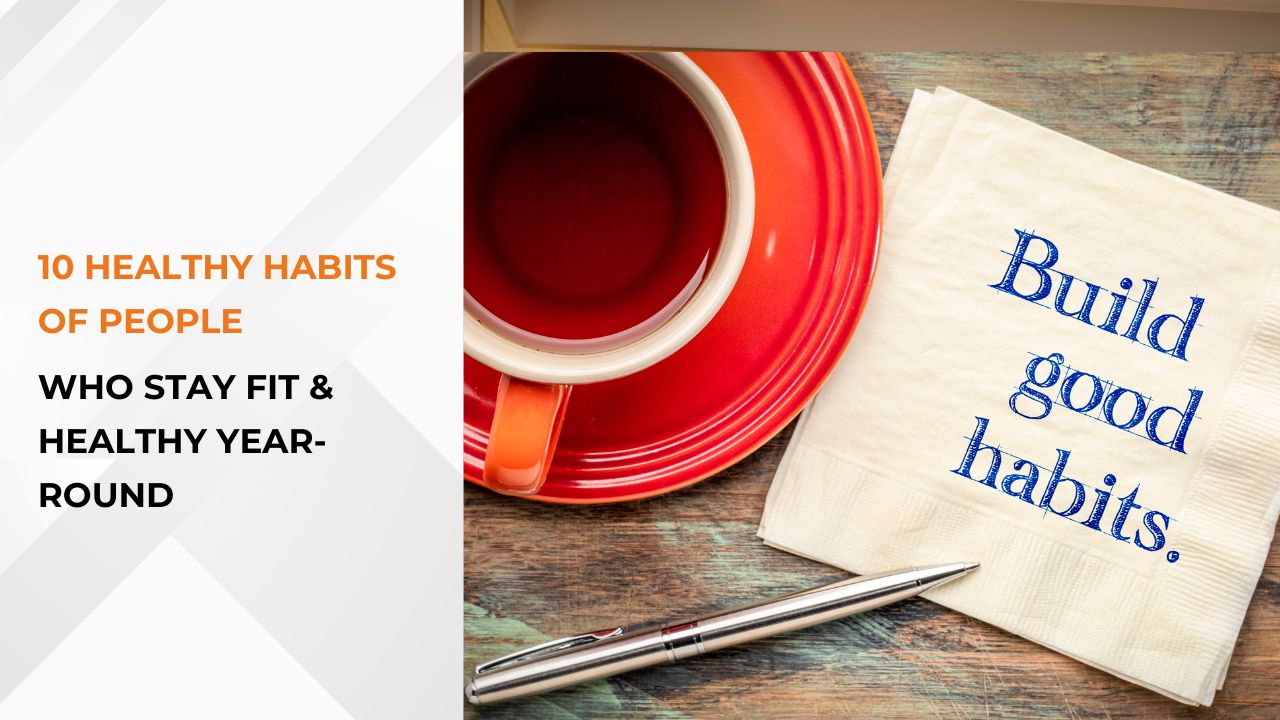High-Protein Vegetarian Diet Plan for Muscle Growth

When it comes to muscle growth, protein plays a crucial role in repairing and building muscle fibers after workouts. Many people believe that achieving muscle gains on a vegetarian diet is difficult due to the absence of meat-based protein sources. However, with a well-structured diet plan, vegetarians can gain muscle mass just as effectively as non-vegetarians. This article provides a comprehensive high-protein vegetarian diet plan to help you maximize muscle growth efficiently while ensuring balanced nutrition.
Understanding Protein Requirements for Muscle Growth
Protein is the building block of muscles, and consuming adequate protein is essential for those looking to gain muscle mass. The recommended daily intake for muscle gain varies based on factors such as weight, age, and activity level. Generally, a person engaging in strength training should consume between 1.2 to 2.2 grams of protein per kilogram of body weight per day. For example, if you weigh 60 kg (132 lbs), you should aim for 72-132g of protein per day, while someone weighing 80 kg (176 lbs) should target 96-176g per day.
Ensuring a consistent intake of high-quality protein is crucial for muscle repair, recovery, and hypertrophy (muscle growth). Additionally, consuming protein-rich meals throughout the day optimizes amino acid availability for muscle synthesis.
Best High-Protein Vegetarian Foods
A well-balanced vegetarian diet offers numerous plant-based and dairy-based protein sources. Legumes and beans such as lentils, chickpeas, black beans, and kidney beans are excellent sources of plant-based protein, rich in fiber and essential nutrients. Soybeans, in particular, offer 28g of protein per cooked cup, making them one of the most protein-dense plant sources available.
Dairy products like Greek yogurt, cottage cheese, and paneer provide complete proteins along with calcium and probiotics, supporting both muscle health and digestion. A single cup of Greek yogurt contains 20g of protein, making it an excellent addition to a muscle-building diet. For those looking for plant-based alternatives, soy products like tofu, tempeh, and edamame offer high-quality protein, with tempeh containing 19g of protein per 100g.
Whole grains such as quinoa, oats, and brown rice also contribute to protein intake while providing sustained energy for workouts. Quinoa is particularly beneficial as it contains all nine essential amino acids, making it a complete protein source. Nuts and seeds, including almonds, chia seeds, flaxseeds, and pumpkin seeds, offer a combination of protein and healthy fats, supporting muscle recovery and overall well-being.
Sample High-Protein Vegetarian Diet Plan
A well-structured vegetarian meal plan ensures adequate protein intake while maintaining balance with other essential macronutrients.
Breakfast
A high-protein breakfast sets the tone for the day by providing essential nutrients to fuel your body. A protein smoothie made with plant-based protein powder, almond milk, banana, peanut butter, and chia seeds offers around 25g of protein. Alternatively, a bowl of oats with Greek yogurt and almonds provides 20g of protein, while scrambled tofu with spinach and whole wheat toast delivers 20g of protein to keep you satiated and energized.
Mid-Morning Snack
Mid-morning snacks help maintain energy levels and support muscle repair. A cottage cheese and mixed berries bowl is a great option, offering 18g of protein along with antioxidants. If you prefer something crunchy, a handful of roasted chickpeas provides 15g of protein while being rich in fiber.
Lunch
Lunch should be a well-balanced meal incorporating various protein sources. A quinoa and lentil salad with spinach, cherry tomatoes, and olive oil dressing supplies 30g of protein while providing essential amino acids. A paneer wrap in a whole wheat tortilla with hummus and veggies is another great choice, offering 25g of protein. Alternatively, a spinach and mushroom stir-fry with brown rice delivers 28g of protein, ensuring sustained energy for the rest of the day.
Afternoon Snack
An afternoon snack helps prevent energy dips before an evening workout. A combination of boiled eggs and almonds provides 15g of protein, while a protein bar—either homemade or store-bought—offers 20g of protein, making it a convenient post-work snack.
Dinner
Dinner should focus on muscle recovery and overnight protein synthesis. A stir-fried tofu and vegetable dish with bell peppers, broccoli, and sesame seeds delivers 28g of protein while providing vitamins and minerals for overall health. A traditional meal of brown rice with dal supplies 22g of protein, with lentils offering essential amino acids. A comforting chickpea and sweet potato curry with whole wheat bread provides 25g of protein while being rich in fiber and complex carbohydrates for sustained digestion.
Post-Workout Snack (Optional)
A post-workout meal is essential for muscle recovery. A protein shake made with plant-based protein powder and milk or water provides 20-25g of protein. Alternatively, a Greek yogurt and chia seed bowl with honey delivers 18g of protein, helping replenish glycogen stores and repair muscle fibers efficiently.
Benefits of a High-Protein Vegetarian Diet
A high-protein vegetarian diet offers numerous benefits beyond muscle growth. Improved digestion is one key advantage, as plant-based protein sources are often rich in fiber, promoting a healthy gut. Additionally, many vegetarian protein sources, such as nuts, seeds, and legumes, contain healthy fats, which support heart health and reduce inflammation.
Better recovery and reduced muscle soreness are also significant benefits. The combination of high-quality protein, vitamins, and minerals found in vegetarian foods aids in muscle repair and reduces oxidative stress after intense workouts. Furthermore, plant-based proteins have been linked to lower cholesterol levels and improved cardiovascular health, making them a heart-friendly choice for long-term fitness.
Also Read: Battle Ropes vs. Jumping Ropes: Which Exercise Burns More Calories?
Tips for Maximizing Muscle Growth on a Vegetarian Diet
To get the most out of a vegetarian diet, it’s essential to distribute protein intake evenly throughout the day. This ensures a steady supply of amino acids for muscle repair. Additionally, combining different plant proteins, such as beans with rice or lentils with quinoa, helps create a complete amino acid profile, maximizing muscle-building potential.
For those who include dairy and eggs, these are excellent sources of complete proteins and essential micronutrients. Additionally, supplementing with plant-based protein powders can help meet protein requirements efficiently, especially post-workout. Staying consistent with both nutritional intake and strength training is crucial for muscle growth and overall fitness.
Conclusion
A vegetarian diet can be highly effective for muscle growth when planned correctly. By incorporating high-protein plant-based foods, dairy, eggs, and supplements where needed, you can achieve your fitness goals efficiently. Follow this detailed meal plan, stay consistent, and pair it with strength training to see optimal results in your muscle-building journey.

